Citizen engagement in law-making process stressed for implementation of laws
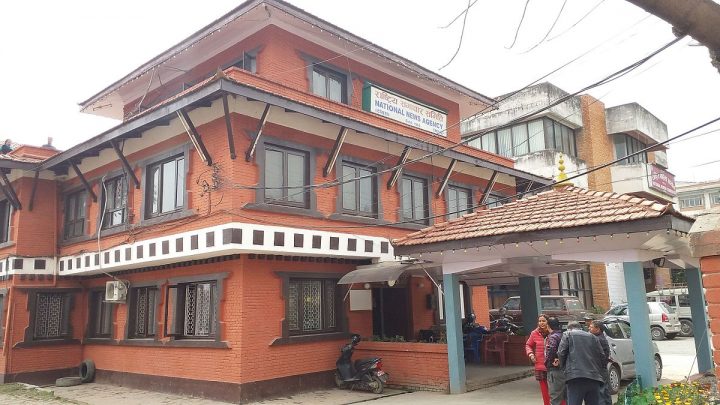
Kathmandu - Various speakers underscored the need of meticulously engaging citizens and thematic experts as well as keeping intact the letter and spirit of the Constitution in the law-making process so as to enable their implementation. At a virtual dialogue ‘Citizen Engagement in Law-Making Process’ organized by Freedom Forum on the occasion of the Nepal Constitution Day on Friday, former chief secretary of the parliament secretariat Surya Kiran Gurung spoke the need of engaging citizens’ groups, stakeholders and experts from the process of identifying the scope of new law or reforms.
“The parliamentary engagement in law-making has itself become a slender process with the parliament or representative assembly entrusted to discuss the amendment proposal of the bill not the entire content”, he asserted, advocating for the need of overhauling the shrivelled process of law drafting. He also noted that the line ministries should also come under the parliamentary purview in the law-making and amending process right from the beginning.
Lamenting that the people’s inputs and aspirations collected throughout the country were not systematically processed and re-elected in the constitution-making process, he indicated that the ignorance of its implementation, especially in terms of delegation of statutorily federated authorities would weaken the foundation of federal democratic republic set by the Constitution. Member of the National Assembly Ram Narayan Bidari also echoed the importance of framing laws and policies of the state in consistent with the constitutional standards while emphasizing the need of taking stakeholders and citizens onboard from the bill drafting phase.
“In order to widen the scope of citizen engagement in the law-making process, the provision of political parties’ whim to their legislators during the deliberations on particular bill should be amended”, he said. Citing the reference of deliberation on financial bills, he questioned why they need three month long assiduous discussion on the fiscal bills in the parliament if the proposed laws are not subject to change with inputs and deliberations from the lawmakers. Also speaking on the occasion, another National Assembly member Anita Devkota also stressed the need to secure buy-in and ownership from the general public to have its results reflected in the sustainable implementation. “The amendment time of 72 hours provided for parliamentarians to study and prepare amendment notes after the bill(s) are tabled is insufficient which needs to be revised”.
Another member of the National Assembly, Pramila Kumari Yadav also urged the citizens and their organizations to pile constant pressure on the lawmakers to frame the law in line with the constitution. State-2 parliamentary member Parameswor Saha voiced his concern that inclusive engagement of citizens in law-making was always opaque and elusive while noting that tabling bills in bulk undermines thorough discussion in parliament. “The partisan division in law-making and its ratification has put the process in doldrums.
Likewise, Bagmati State parliamentary member Ramesh Poudyal said the practice of tabling bills in haste and adoption of fast track approach for their enactment have shrunk the role of elected representatives and thereby the opportunity to reflect citizens’ concerns in the law which have direct bearing in their lives. Representing the civil society organizations, Chairperson of Nagarik Sarokar Sangh, Pitambar Dhakal expressed worry over non-existent engagement of the general public beyond Kathmandu in the federal law-making process.
“No discussions are being held to elicit public inputs in the process of law-making at federal as well as state levels”. Karnali State parliamentarian Sita Nepali that the template law-making at state and local levels has seriously questioned the presence and performance of the lawmakers at sub-national level and also systematically excluded the citizens’ voices and aspirations in law-making process.
Journalist Ganesh Lamsal also urged the authorities to consult the public from the very beginning of the law drafting phase and noted that the quality and inclusive deliberations in law-making has been seriously affected when the parliamentarians aspire for taking up the executive role in the name of constituency development funds. State-1 government’s under-secretary Rishi Poudel asserted adopting rule of law and avoiding rule by law would mend many flaws in the law-making process.
Team Leader of Parliamentary Support Programme/UNDP, Dila Dutta Pant also highlighted the need to enhance orientation to the parliament secretariat employees and also set up a legislative consultation branch to coordinate and reflect the citizens’ inputs in law-making. State-5 State Assembly secretary Durlav Kumar Purja Magar said the secretariat can make difference by providing expert service and information technology support to the elected representatives which help them to collect public inputs and feedback in regard to law formulation.
Right to Information campaigner Raju Shrestha called for the provisioning of right to recall and reject their representatives as a citizen evaluation of the performance of elected lawmakers, especially in the legislation process. Team Leader of Data for Development Project of The Asia Foundation Sajana Maharjan underscored the deliberative engagement of the citizens in the process of law-making. Team Leader of Susasan Project Hem Tembe demanded parliamentarians' commitment as to how they would convince the general public to ensure participation of fellow citizens in law making.
Journalist Krishna Sapkota said scrutiny by parliament is never enough in a democracy so the press, academic researchers, parliamentary monitoring organizations and champions are vital components in providing oversight in the law-making process. Also speaking on the occasion, Gandaki state assembly secretary Lal Prasad Sharma, state-1 assembly member Basanti Devi Yadav, Bagmati state assembly member Devaki Shrestha, Sanjeeb Ghimire, Posta KC and advocate Ramesh Poudel echoed their voice for developing mechanisms to engage citizens in law-making process from the beginning.
Delivering the concluding remarks, Forum Chief Executive Tara Nath Dhal said that the government must proactively and mandatorily publish details of the need and scope of introducing new laws or amendments in the national gazette to collect informed inputs and feedback of citizens. He also called for amendment to the concerned law enabling parliamentarians to go to their constituencies to discuss the content about the bills to be tabled in the parliament. As many as 65 participants comprising lawmakers, law/parliament experts, CSO representatives, openness champions and parliamentary secretaries attended the dialogue event.


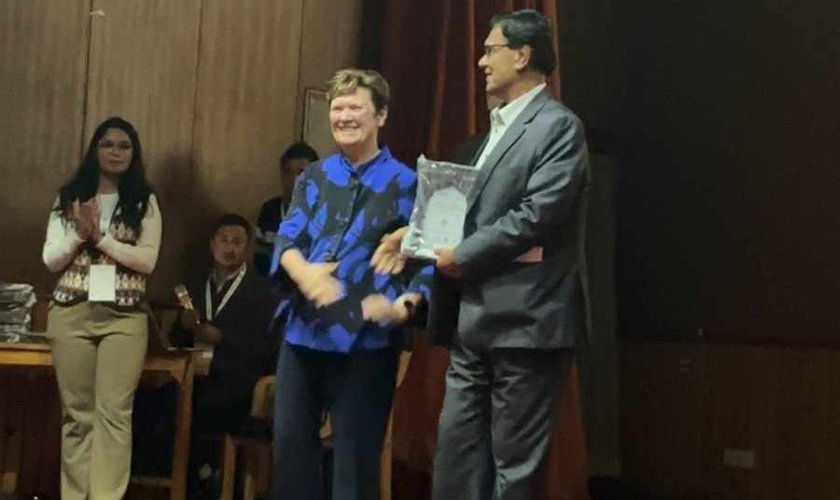


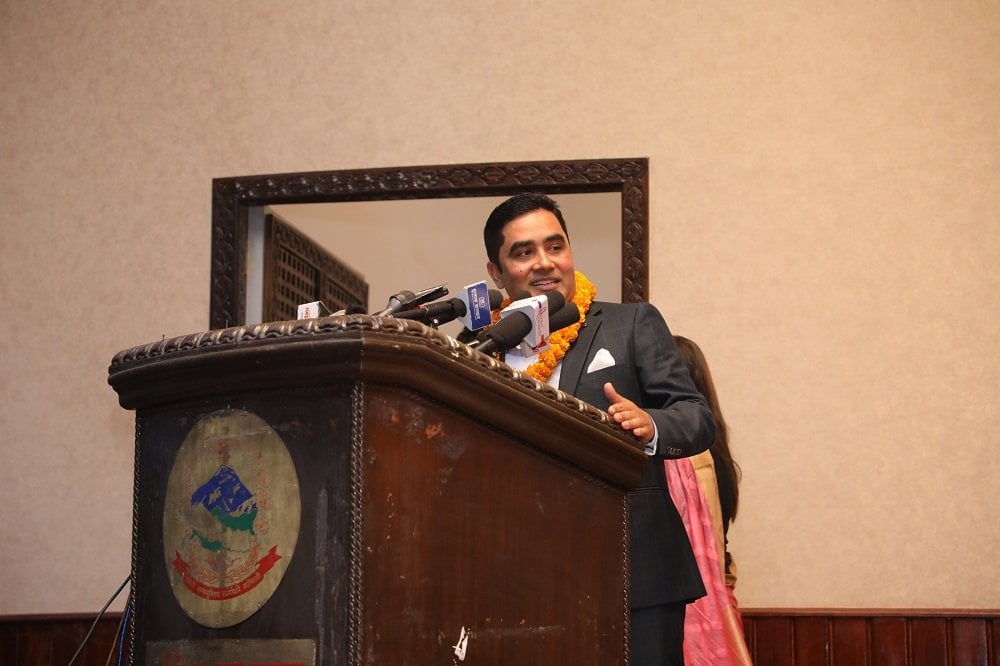
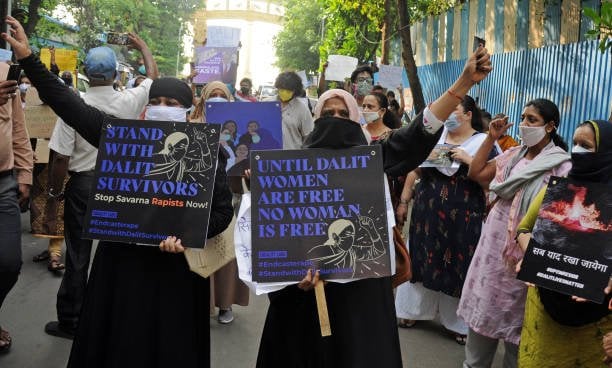
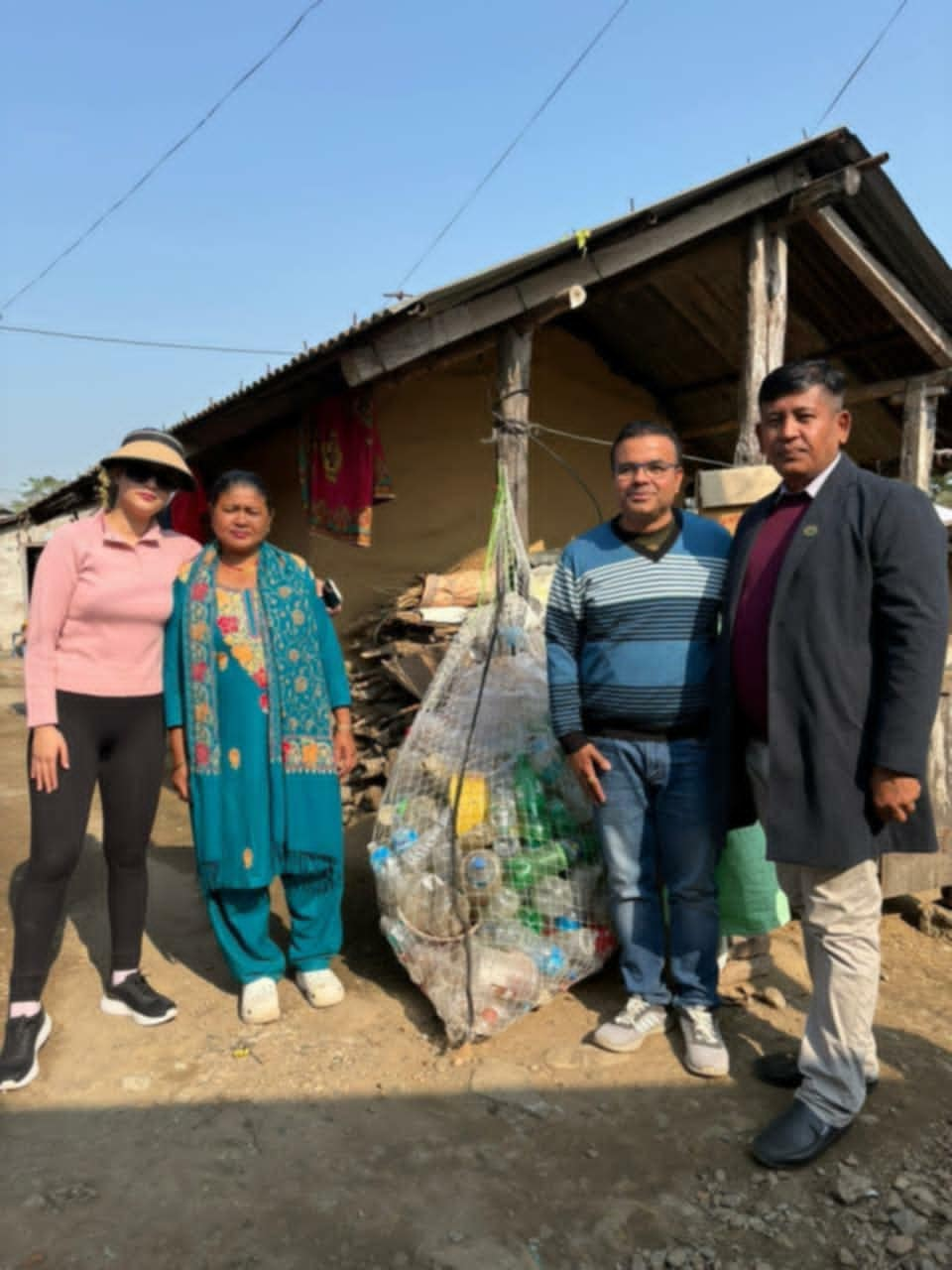
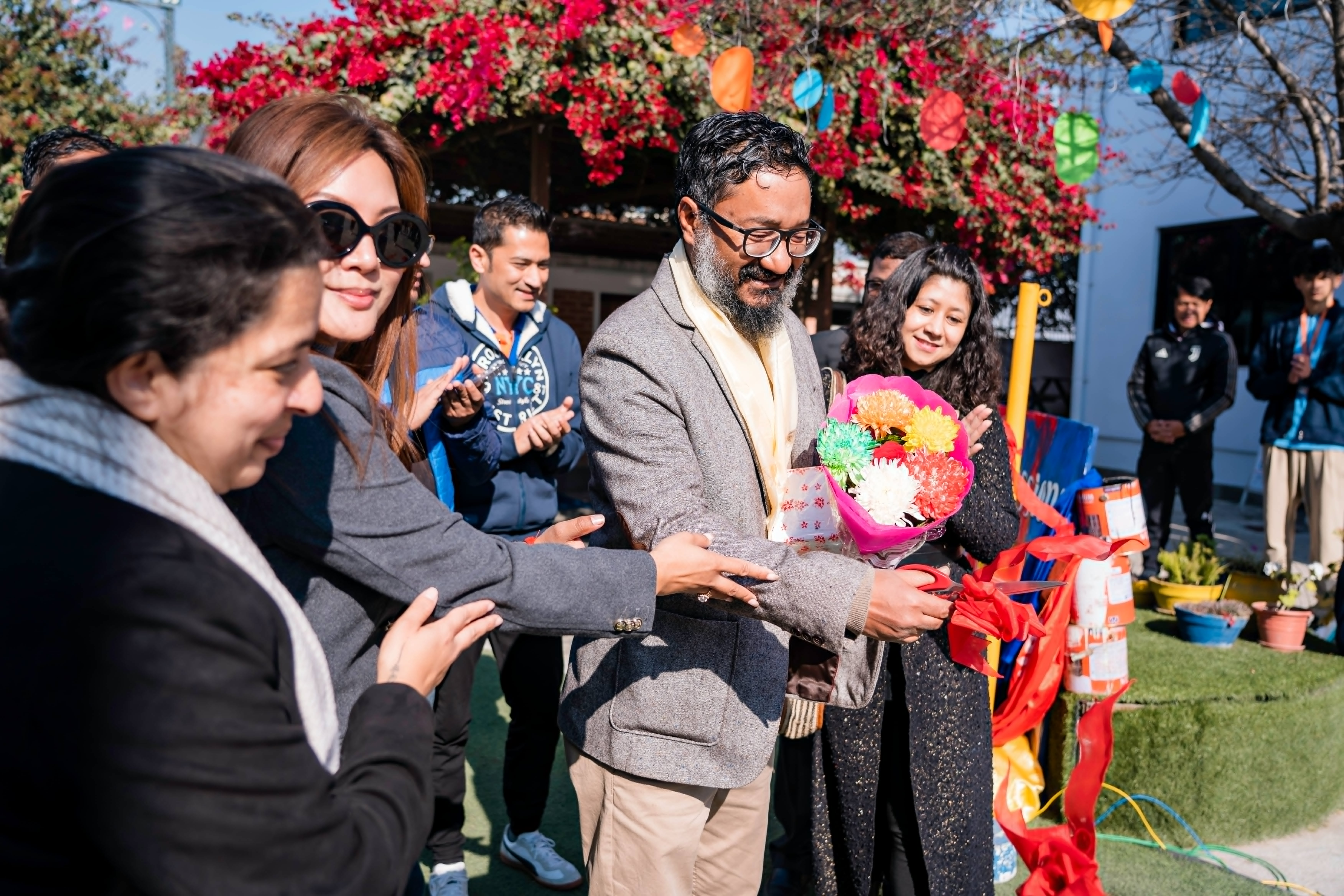
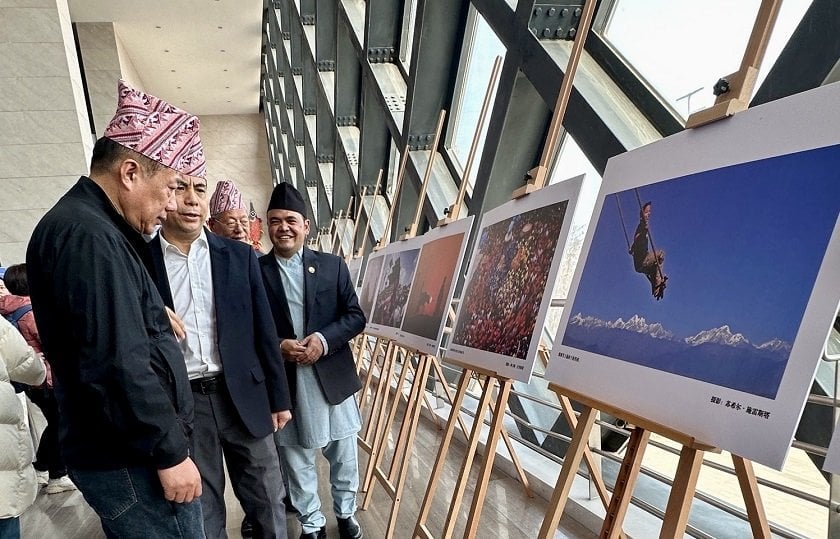
Leave Comment